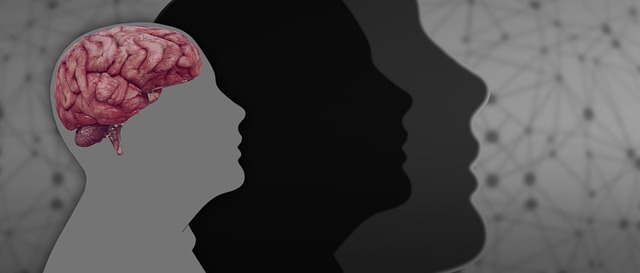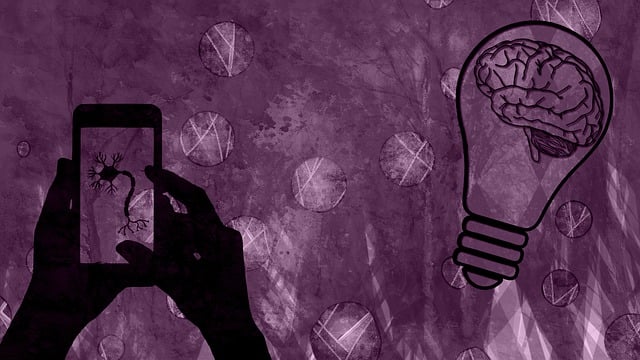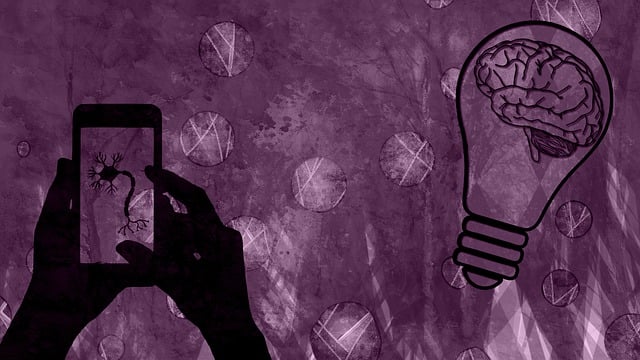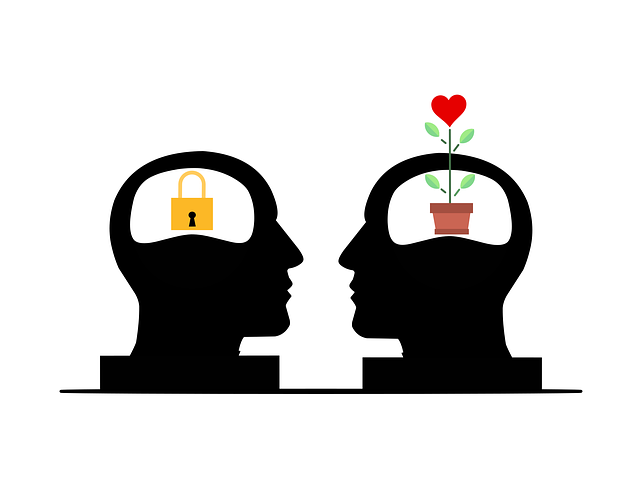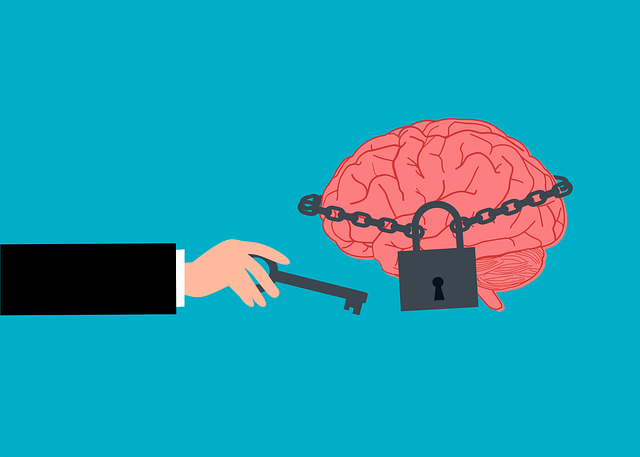Centennial American Sign Language (CASL) Therapy offers a transformative approach to social skills training for individuals with mental health conditions, leveraging non-verbal communication as a healing tool. By addressing cultural disparities and providing specialized training, CASL ensures inclusive support for diverse populations. This unique therapy combines self-awareness exercises, trauma support, and emotional intelligence development to improve social interactions, reduce symptom severity, and foster community connections, ultimately empowering individuals to manage their mental health effectively.
Social skills training is an emerging therapeutic approach gaining traction in mental health care, especially for individuals navigating challenging conditions. This article explores the intricate connection between social abilities and psychological well-being, highlighting the significance of programs like Centennial American Sign Language (CASL) therapy. We delve into common mental health disorders that hinder social interactions and present effective strategies to foster communication skills. Additionally, we discuss the power of group therapy in building supportive communities, offering valuable resources for holistic mental health management.
- Understanding the Link Between Social Skills and Mental Health
- The Role of Centennial American Sign Language Therapy (CASL) in Training
- Identifying Challenges: Common Mental Health Conditions and Their Impact on Social Interaction
- Strategies for Developing Effective Communication Skills
- Building a Supportive Community: Group Therapy and Beyond
Understanding the Link Between Social Skills and Mental Health

Social skills play a pivotal role in mental health management and recovery. Many mental health conditions can make social interactions challenging, leading to isolation and exacerbating symptoms. For instance, individuals with depression often struggle with motivation, which can hinder their ability to engage in social activities. Similarly, anxiety disorders may cause excessive worry or fear in social situations, resulting in avoidance behaviors.
At Centennial American Sign Language Therapy, we recognize the profound impact of social skills on mental well-being. Our approach focuses not only on language acquisition but also on developing communication strategies that foster meaningful connections. We believe that improving social skills can empower individuals to navigate their mental health journeys more effectively, enhance self-esteem, and promote a sense of belonging. This is particularly important in addressing disparities in care, as Healthcare Provider Cultural Competency Training and Community Outreach Program Implementation can ensure inclusive support for diverse populations facing mental health challenges.
The Role of Centennial American Sign Language Therapy (CASL) in Training

The Centennial American Sign Language (CASL) therapy plays a pivotal role in enhancing social skills training for individuals with mental health conditions. This specialized approach recognizes the power of non-verbal communication, particularly sign language, to foster better social interactions and improve overall mental well-being. CASL therapy focuses on teaching individuals how to express themselves through signs, promoting more effective communication, which is a cornerstone of improving social connections.
By integrating Cultural Sensitivity in Mental Healthcare Practice, CASL helps break down barriers often faced by deaf or hard-of-hearing individuals within the context of mental health awareness. Public Awareness Campaigns Development can greatly benefit from these skills, as it encourages inclusive participation and ensures that essential information reaches a diverse audience. This therapy not only empowers individuals with improved social skills but also contributes to broader Mental Health Awareness efforts by promoting understanding and acceptance in various communities.
Identifying Challenges: Common Mental Health Conditions and Their Impact on Social Interaction

Mental health conditions can significantly impact an individual’s ability to engage in social interactions, often presenting unique challenges for those affected. Conditions such as anxiety disorders, depression, and post-traumatic stress disorder (PTSD) can make even simple social gatherings or conversations overwhelming. For instance, a person with social anxiety might experience intense fear and discomfort in various social settings, hindering their ability to form connections and engage in meaningful dialogues. Similarly, individuals with PTSD may struggle with emotional regulation, making it hard for them to respond appropriately during social exchanges, which can further isolate them from supportive relationships.
Centennial American Sign Language (ASL) Therapy offers a promising approach to addressing these challenges by incorporating Self-Awareness Exercises and Trauma Support Services tailored to each individual’s needs. ASL therapy provides a non-verbal communication channel, allowing individuals to express themselves more comfortably in social situations. By learning sign language, they can enhance their emotional healing processes and improve their ability to interact with others. This therapeutic method is particularly beneficial for those who find verbal communication stressful, offering an alternative way to communicate, build relationships, and participate fully in social activities.
Strategies for Developing Effective Communication Skills

Developing effective communication skills is a vital component of social skills training, particularly for individuals managing mental health conditions. Centennial American Sign Language Therapy offers unique strategies to enhance self-expression and understanding in a supportive environment. Through tailored exercises, participants learn to improve their active listening, non-verbal cues, and empathy, which are essential for navigating social interactions.
The process involves integrating Self-Awareness Exercises and Emotional Intelligence practices. These techniques encourage individuals to recognize and manage their emotions, fostering more meaningful connections with others. Moreover, a comprehensive Risk Assessment for Mental Health Professionals guides the curriculum, ensuring safe and effective communication strategies tailored to individual needs while promoting a sense of belonging and empowerment.
Building a Supportive Community: Group Therapy and Beyond

Building a supportive community is an integral part of social skills training for individuals managing mental health conditions. Group therapy sessions at Centennial American Sign Language Therapy offer a safe space where participants can connect with peers facing similar challenges, fostering a sense of belonging and camaraderie. Through shared experiences, individuals learn empathy building strategies, which are crucial in navigating social interactions. This supportive network extends beyond the therapy room, encouraging continued growth and reduced mental illness stigma within the community.
Additionally, compassion cultivation practices play a significant role in these group settings. By engaging in discussions and activities that promote understanding and kindness, participants cultivate a deeper sense of compassion for themselves and others. These collective efforts not only enhance social skills but also contribute to broader mental wellness by mitigating the impact of stigma associated with mental illness.
Social skills training, particularly through innovative approaches like Centennial American Sign Language Therapy (CASL), plays a pivotal role in improving mental health outcomes. By addressing challenges faced by individuals with common mental health conditions, these strategies foster effective communication and build supportive communities. CASL offers a unique and engaging method to enhance social interactions, ultimately promoting better mental well-being. Integrating group therapy sessions further strengthens the support network, providing a holistic approach to care that is both comprehensive and empowering.



